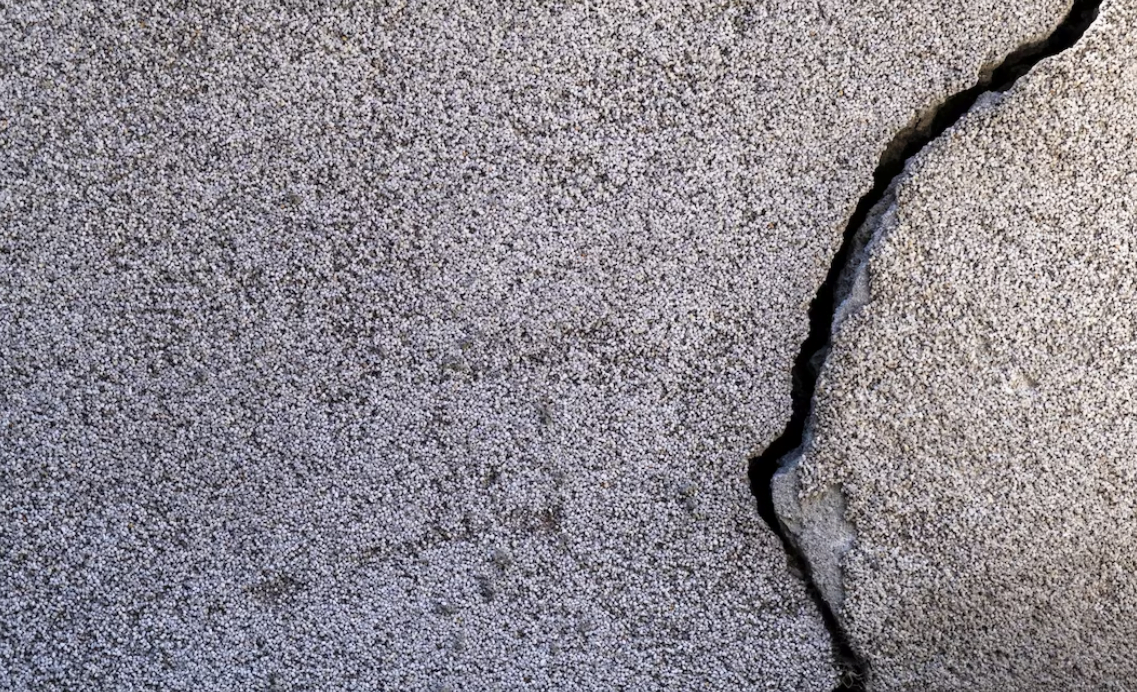Asphalt is a durable and cost-effective paving material commonly used for driveways, parking lots, and roadways. Its smooth, sleek finish and robust nature make it an ideal choice for a variety of surfaces, providing both functionality and aesthetic appeal. However, over time, to not avoid cracks can develop due to various factors such as weather conditions, heavy traffic, or improper installation. These cracks not only affect the aesthetics of your asphalt but can also lead to more severe damage if left untreated.
Understanding the causes of asphalt cracking is essential for proper maintenance and repair. Weather conditions play a significant role in the integrity of asphalt surfaces. Extreme temperatures, whether hot or cold, can cause the asphalt to expand and contract, leading to the formation of cracks. In hot climates, the asphalt can become soft and more susceptible to damage from heavy vehicles. Conversely, in colder regions, the freeze-thaw cycle can cause water to seep into small cracks, freeze, expand, and eventually widen the cracks.
Heavy traffic is another major contributor to asphalt deterioration. Constant pressure from vehicles, especially large trucks and heavy machinery, can weaken the asphalt over time. The repeated stress can cause the surface to crack and crumble, leading to potholes and other forms of damage. Properly designed and maintained asphalt surfaces can withstand heavy traffic, but without regular upkeep, even the best-constructed pavements can fall victim to wear and tear.
Here are some tips to help you avoid cracks in your asphalt and maintain its longevity.
Avoid Cracks with Proper Installation
Ensure that your asphalt is installed by professionals with experience and expertise in paving. Proper installation techniques, including appropriate compaction and thickness, are essential to prevent premature cracking. Hiring a reputable asphalt contractor is crucial to ensuring a quality installation.
Regular Maintenance
Perform routine inspections and address any issues promptly. Keep an eye out for signs of deterioration, such as small cracks or potholes, and take action before they worsen.
Fill and Seal to Avoid Cracks
Small cracks should be filled and sealed as soon as possible to prevent moisture penetration and further damage. Use a high-quality asphalt crack filler or sealant that is specifically designed for repairing cracks in asphalt surfaces. Follow the manufacturer’s instructions for application and ensure proper curing.
Clean and Remove Debris
Keep your asphalt clean and free from debris, as they can trap moisture and accelerate the deterioration process. Regularly sweep or use a blower to remove leaves, dirt, and other debris from the surface will help to avoid cracks on the long run.
Proper Drainage
Ensure that your asphalt has adequate drainage to prevent water accumulation. Poor drainage can lead to water pooling on the surface, increasing the risk of cracks. Ensure that the surrounding areas are properly graded to divert water away from the asphalt.
Avoid Heavy Loads
Excessive weight or pressure can cause the asphalt to crack. Avoid parking heavy vehicles or placing heavy objects for extended periods on your asphalt surface to avoid cracks. If you need to park heavy machinery or equipment temporarily, use plywood or other protective materials to distribute the weight.
Protect from Chemicals
Certain chemicals, such as oil, gasoline, or harsh solvents, can deteriorate asphalt and lead to cracks. Take precautions to avoid spills and leaks, and if any occur, clean them up promptly using appropriate methods and materials.
Regular Sealcoating
Sealcoating is an effective preventive measure that helps protect your asphalt from damage caused by UV rays, moisture, and chemicals. It creates a protective barrier that prolongs the lifespan of your asphalt and avoid cracks.
By following these tips, you can significantly reduce the likelihood of cracks in your asphalt and maintain its integrity for years to come. Remember, proactive maintenance and timely repairs are essential to preserving the quality and appearance of your asphalt surface.

